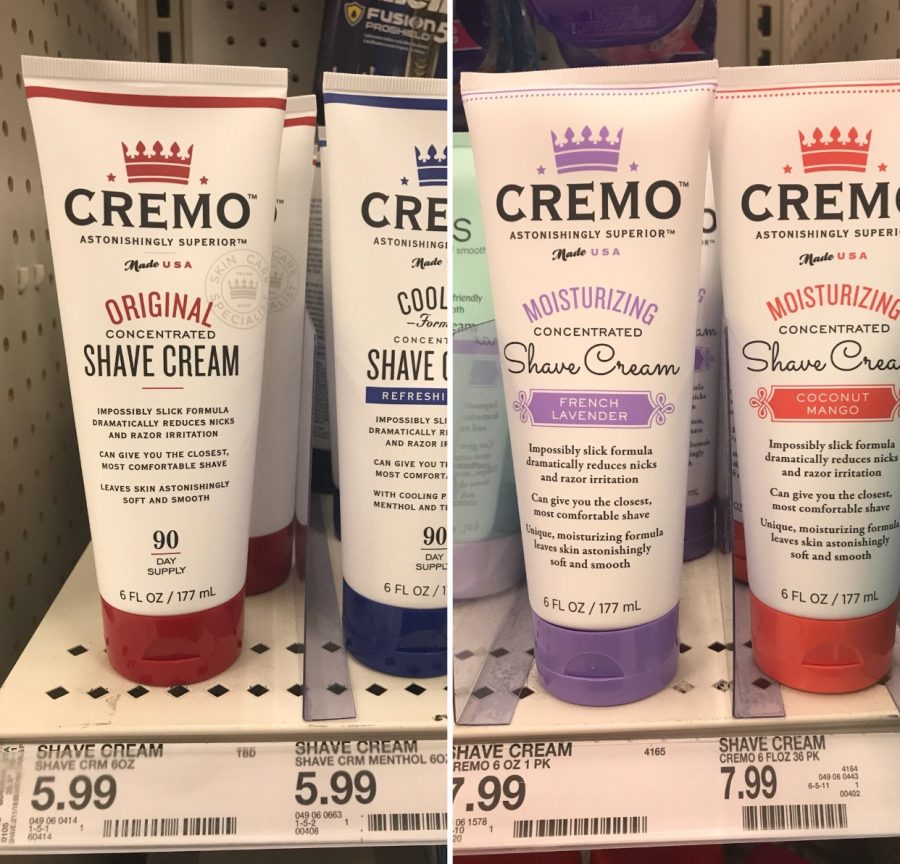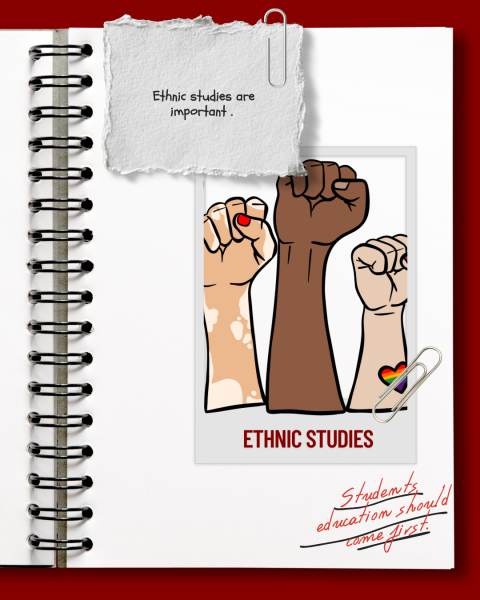Pink tax: is it just a theory?
Via Twitter
Periods! Your mothers have them, your sisters, your aunts and girlfriends. Women all over the world get them, and because of this, they are taxed. Women’s sanitary products, such as pads and tampons, are taxed as a luxury item in 36 out of the 50 states, including California. I think we can all agree that having a period is not a luxury. The pink tax is the tax that most feminine products are subject to. Although there is a lot of evidence to back this up, it is still just a theory.
The pink tax is a tax imposed on most feminine products. It’s called the pink tax because the color pink is usually connected with girls and therefore this tax on women’s products. This doesn’t just apply to menstrual products, it also applies to clothes, shoes, shampoo, and overall anything that is targeted at women. Since this tax is only based on gender, it is viewed as price discrimination. For example, on average, a men’s razor might cost $1.99, but a women’s razor that is exactly the same might end up being $ 2.50.
Price discrimination is the action of selling the same product at different prices to different buyers in order to maximize sales and profits. This is something that is very easy for some companies to do since, in our society, we are assigned specific roles. The pink tax is a form of price discrimination because the idea is put onto the same items.
Women need to use pads and tampons. There are so many women who just can’t afford simple menstrual sanitary products. This is a necessity that is considered a luxury by 36 states. There are 36 states that are knowingly charging a tax on women’s supplies for when they get their period. A period is something that 99 percent of women have to go through naturally, and it’s difficult for women to get these products. For example, homeless women sometimes have to choose whether to buy food or sanitary products at times. Quinn Andersen states in her article, Bleeding in Public: Menstrual Needs of the Homeless, “Last year, the U.S. Department of Housing and Urban Development’s 2016 Annual Homeless Assessment Report recorded 549,928 homeless people. Of that number, 40%, or 217,268 were women. 78% were above the age of 18.” Homeless women face rejection from the public already and it could feel awkward going through their menstrual cycle when you don’t have a place to shower or have access to sanitary products such as pads and tampons.
The pink tax isn’t just a theory for some, it’s a problem. This is something that should matter to everyone whether or not you’re a female because it’s unjust and a way that women are being discriminated against. There are multiple petitions that you can participate in to help make sure that California and our country stops taxing these necessities as luxuries along with petitions that can help schools receive free menstrual products. Some can be found on the Planned Parenthood website, while others can be found in Change.org.

Fun Facts:
I like to sing and write poems.
I like to read sci-fi books.
My favorite Disney movie is "Hercules."





































